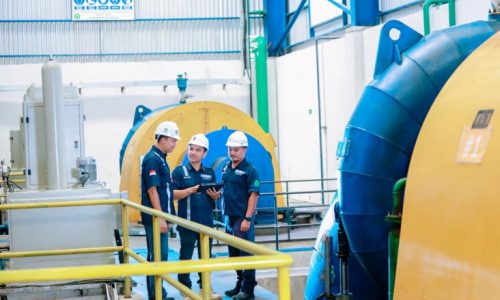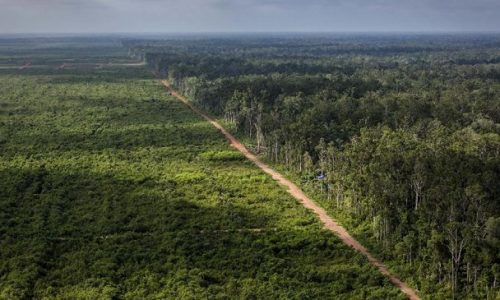Food seasonings producer PT Ajinomoto Indonesia is set to use the services of State electricity company PT PLN’s Renewable Energy Certificate (REC) of 219,000 units per year or equivalent to 219 giga watt hours (GWh) in an attempt to reduce carbon emissions and meet green energy needs for its two factories located in East and West Java.
A memorandum of understanding (MoU) was signed between PT Ajinomoto Indonesia and PT PLN at the Indonesia International Sustainability Forum (IISF) 2024 at the Jakarta Convention Center (JCC) on September 7, 2024.
PLN President Director Darmawan Prasodjo emphasized PLN’s commitment to supporting the government’s efforts to overcome climate change through various efforts, one of which is REC service innovation. Until now, REC has been used by business actors from various sectors, including industries and businesses that require green electricity supply for their business activities.
“The businesspeople’s increasing trust on REC is proof that this service is an easy and fast alternative for businesses seeking electricity from new and renewable energy (EBT) sources,” Darmawan said as quoted on Thursday, September 12, 2024
In this collaboration, Ajinomoto will use REC amounting to 196 GWh per year for its factory in East Java and 23 GWh per year for its factory in West Java.
Darmawan said the use of REC would increase Ajinomoto Indonesia’s renewable energy usage ratio and that this collaboration is a synergy to reduce emissions.
“PLN used to be a closed and rigid company. Today, PLN is an open and highly collaborative company. We do this to ensure that future generations have a better life than the current generation,” he said.
Director of Ajinomoto Indonesia and Ajinomoto Factory Manager at Mojokerto, Samsul Bakhri, said that the REC supply channeled by PLN will be used in Ajinomoto’s Karawang and Mojokerto factories.
“Through application of PLN-produced REC, our use of renewable energy to reduce carbon emissions has increased to more than 45 percent. This is one of the important steps to achieve the company’s decarbonization target of 60 percent by 2030,” Samsul said.









